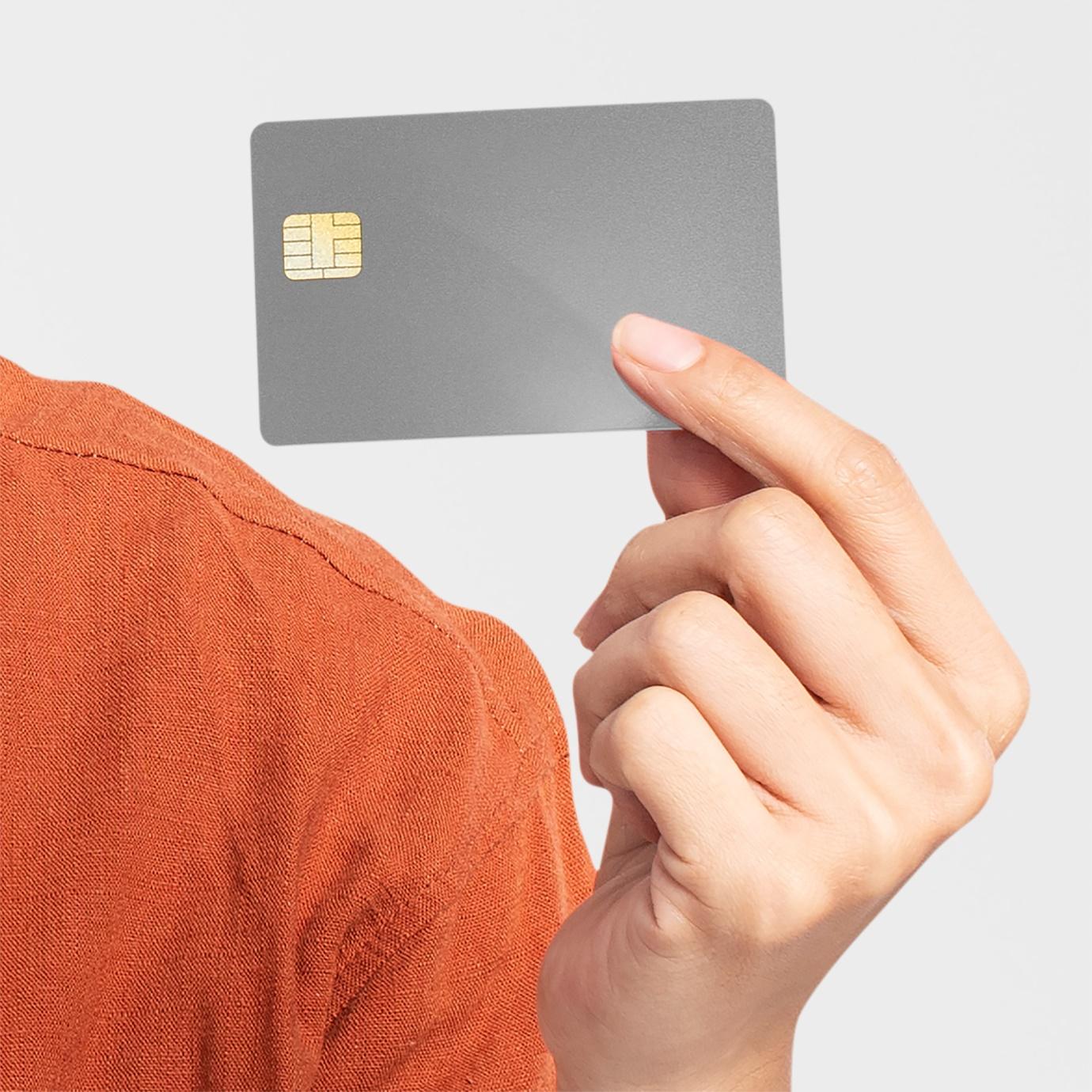Credit cards have become an indispensable part of our modern-day financial landscape, with more and more people relying on them for daily expenses. While there are numerous benefits to using credit cards, such as rewards, cashback, and convenience, there are also downsides that need to be considered. This topic delves into the pros and cons of using credit cards for everyday expenses. It will explore the benefits of using credit cards as a tool for building credit, protection against fraud, and earning rewards. It will also discuss the potential drawbacks of using credit cards, such as overspending, high-interest rates, and fees. By examining the pros and cons of using credit cards, readers will be better equipped to make informed decisions about whether using credit cards for everyday expenses is right for them.
Using credit cards for everyday expenses can be a great way to help you stay organized, track spending, and even earn rewards. However, there are also some potential drawbacks to consider when deciding whether or not to use Credit Cards. In this blog post, we will discuss the pros and cons of using Credit Cards for everyday expenses so that you can make an informed decision about what’s best for your financial situation.
The Pros of Using Credit Cards
When it comes to paying for everyday expenses, credit cards can be a great way to go. Credit cards offer numerous benefits that make them a viable option for everyday purchases. Here are a few of the pros of using credit cards:
1. Earn rewards. Many credit cards come with rewards programs, which can provide cash back, points or travel miles when you use your card. Depending on how much you spend, this can add up to significant rewards over time.
2. Easier to keep track of spending. With credit cards, you get a statement each month that details your spending. This makes it much easier to keep track of your spending and ensure that you are staying within your budget.
3. Better security than cash. Credit cards provide an extra layer of protection when making purchases. If your credit card is lost or stolen, you can contact your bank or credit card provider to cancel the card and dispute any fraudulent charges.
4. Easier to manage large purchases. Credit cards are a great way to finance larger purchases over time, such as furniture or appliances. You can spread the cost out in smaller monthly payments and avoid the burden of a one-time, large payment.
The Cons of Using Credit Cards
Despite the potential benefits of using credit cards for everyday expenses, there are several drawbacks that should be considered before taking this approach.
First and foremost, it is important to remember that when using a credit card, you are essentially borrowing money from a lender. This means that if you fail to pay your bill on time or make late payments, you can be charged hefty penalties and interest fees. This can quickly add up and put you in a precarious financial situation, as you will owe more than you initially borrowed.
Furthermore, there is also the risk of overspending. Since it is so easy to spend money with a credit card, it can be tempting to spend more than you would be able to afford with cash or debit. It is important to be mindful of this and try to stay within your budget when using a credit card for everyday expenses.
Finally, it is also important to remember that your credit score can be affected if you mismanage your credit cards. If you consistently miss payments or rack up too much debt, this can have a negative impact on your credit rating, which can cause problems in the future if you want to take out a loan or secure financing.
In conclusion, while there are advantages to using credit cards for everyday expenses, it is important to consider the potential drawbacks and make sure that you are aware of the risks before deciding whether or not this is the right choice for you. With proper management and caution, credit cards can be a useful tool for managing your finances but it is important to remember the cons as well.
Which One Should You Choose?
When deciding whether to use credit cards for everyday expenses, you should consider the pros and cons discussed above. In general, credit cards can be a great tool for budgeting, building credit, and earning rewards. However, there are risks associated with using credit cards, such as the potential for debt and interest charges.
If you do decide to use credit cards for everyday expenses, it is important to practice responsible spending and payment habits. Always make sure you are paying your balance in full and on time every month. Track your spending to ensure you are not overspending and make sure to stay within your budget. If you do these things, you can maximize the benefits of using credit cards while minimizing any potential risks.
The key is to understand the advantages and disadvantages of using credit cards and to decide which option works best for your own situation. Ultimately, it is up to you to choose what works best for you financially and InfoGlobalData will help you meet your financial goals.




